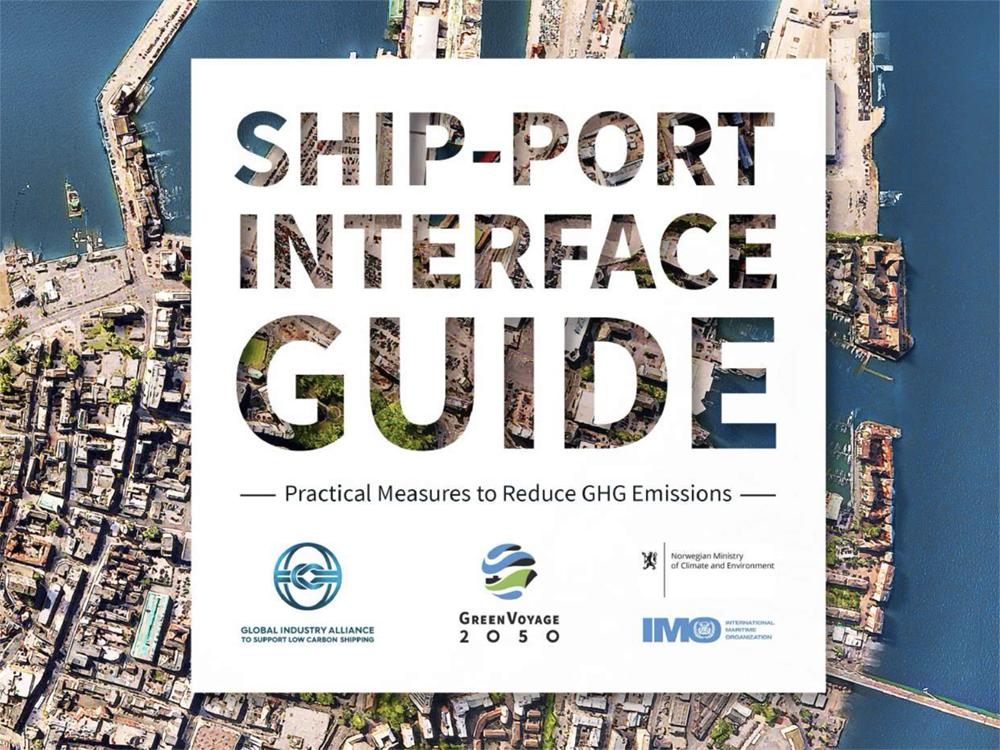A new  Ship-Port Interface Guide.pdf focusing on eight practical measures which can support GHG emission reduction at the ship-port interface has been released.
Ship-Port Interface Guide.pdf focusing on eight practical measures which can support GHG emission reduction at the ship-port interface has been released.
Developed by the Global Industry Alliance to Support Low Carbon Shipping (Low Carbon GIA) under the IMO-Norway GreenVoyage2050 Project, the Guide aims to support the maritime industry in achieving IMO’s emission reduction goals and contribute to greener shipping.
The eight practical measures presented in the Guide are:
1. Facilitate immobilization in ports
2. Facilitate hull and propeller cleaning in ports
3. Facilitate simultaneous operations (simops) in ports
4. Optimize port stay by pre-clearance
5. Improve planning of ships calling at multiple berths in one port
6. Improve ship/berth compatibility through improved Port Master Data
7. Enable ship deadweight optimization through improved Port Master Data
8. Optimize speed between ports
The list of presented measures is non-exhaustive, are a result of initial research and findings, and aim to raise awareness of potential ideas which the maritime community could explore further. Each measure presented in the Guide can be individually implemented, or implemented collectively – which would maximize the emission reduction benefit.
While particularly useful for stakeholders within the port community (e.g. port authorities, terminals, nautical service providers), the Guide is also relevant for ship owners, operators, charterers, ship agents, shipbrokers, and other relevant stakeholders. These play a key role in implementing the necessary changes and facilitating the uptake of emission reduction measures in the ship-port interface.
